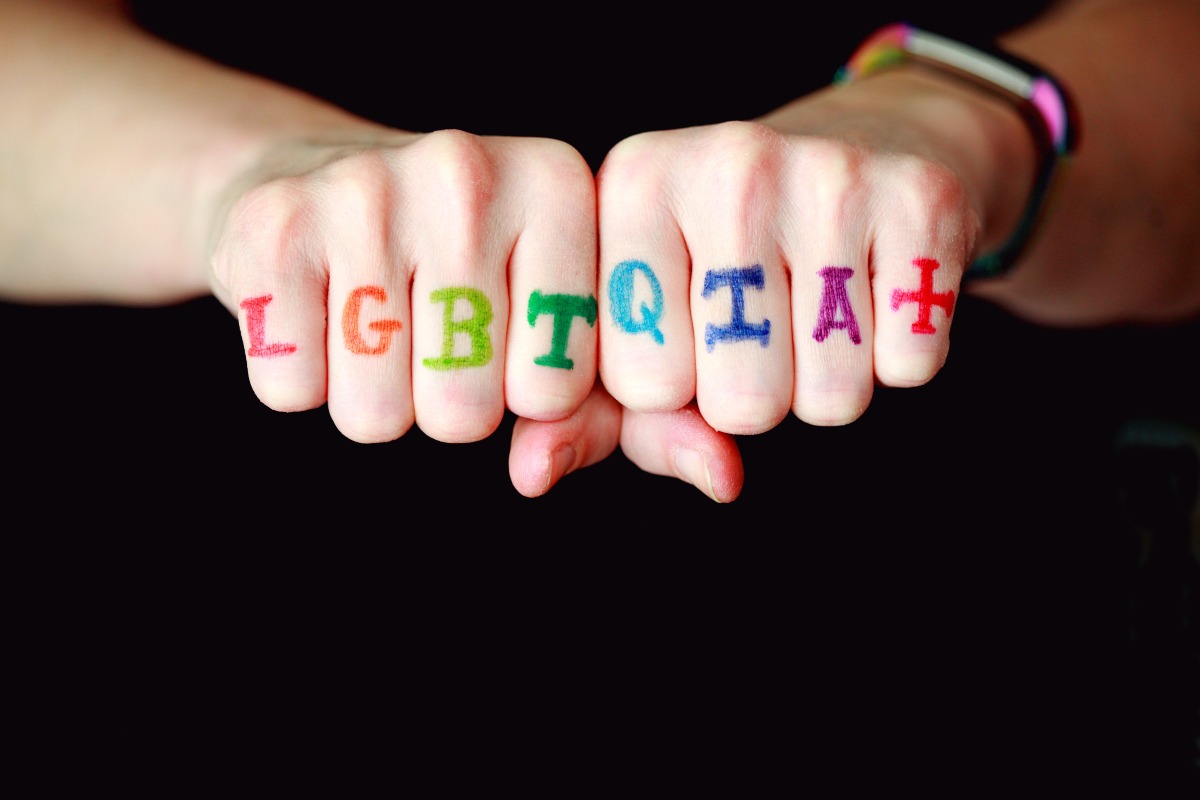Are People Who Identify as LGBTQIA+ More Likely to Develop SUD?
People who identify as LGBTQIA+ have to navigate more obstacles than non-identifying LGBTQIA+ people because they live in a society that often rejects them. Generally, people in stigmatized groups are at a higher risk for developing substance use disorder (SUD) and other mental health disorders. Stigmatization of a minority group leads to excessive stress that the person has to learn how to manage. Some people do this by turning to substance use.
Identifying as LGBTQIA+
Being in the LGBTQIA+ community typically means identifying as one of the following:
- Lesbian
- Gay
- Bisexual
- Transgender
- Queer
- Intersexed
- Asexual
- Any other sexual or gender minorities
Challenges of People Who Identify as LGBTQIA+
The connection between LGBTQIA+ groups and SUD is likely caused by difficulties coping with the everyday challenges of the LGBTQIA+ community. These types of challenges might include:
- Fear of not being accepted by friends or family
- Ostracization from an organization or community
- Housing discrimination
- Workplace harassment
- Sexual, physical, or psychological abuse
People Who Identify as LGBTQIA+ Have a Higher Risk of Substance Use
A 2020 National Survey on Drug Use and Health (NSDUH) shows the disparities between LGBTQIA+ substance consumption compared to the general population. Not only are people in the LGBTQIA+ community more likely to use substances, but they are also more likely to enter treatment with more severe SUD symptoms. The survey found the following about substance use in the LGBTQIA+ from 2019:
- 41.3% of the LGBTQIA+ population used marijuana compared to 18.7% of the general population.
- 6.7% of the LGBTQIA+ population misused opioid prescriptions compared to 3.6% of the general population.
- 21.8% of the LGBTQIA+ population have an alcohol use disorder (AUD) compared to 11% of the general population.
Chronic mental and physical health conditions also put people in the LGBTQIA+ community at a higher risk of developing SUD. Specifically, it was found that transgender people have higher rates of depression, suicide attempts and ideation, self-harm, and eating disorders.
Systemic Oppression
There have been legal attempts to protect the rights of the LGBTQIA+ community, such as the Fair Housing Act and the Respect for Marriage Act. However, laws don’t get rid of systemic oppression. They just make it a little more difficult to act on prejudice. It wasn’t until 2020 that the supreme court ruled Title VII, which prohibits employment discrimination, to include sexual orientation and minority genders. Other consequences of systemic oppression of the LGBTQIA+ community include:
- LGBTQIA+ youth are more than twice as likely to experience homelessness.
- Members of the LGBTQIA+ community are 1.5-3x more likely to attempt suicide.
- 44% of individuals who identify as LGBTQIA+ experience some form of workplace harassment because of their gender or sexuality.
- Domestic violence is 8x higher in the LGBTQIA+ community.
- For sexual minorities, the rate of experienced violence is 43.5 per 1,000 people.
- For gender minorities, the rate of violence is 51.5 per 1,000 people.
Mitigating Risks of SUD for People Who Identify as LGBTQIA+
A robust support system will help people in the LGBTQIA+ community mitigate the risk of developing SUD. Acceptance by close friends and peers encourages deep connection, which is important for maintaining mental and emotional health. Community is also essential for mitigating the risk of SUD in the LGBTQIA+ community. If a person does not have meaningful connections within the LGBTQIA+ community, they will likely feel isolated and lonely. It’s important to make connections with people who share similar struggles. This can make it easier for the person to regulate uncomfortable emotions that might otherwise have led to substance use.
LGBTQIA+-Friendly Treatment
If an LGBTQIA+ person enters treatment for SUD, their treatment should address any homophobia or transphobia they may have experienced. SUD treatment for the LGBTQIA+ community must foster a safe space where the person can be themselves without fear of judgment or rejection. A therapist treating LGBTQIA+ individuals should not just be accepting of minority genders and sexualities, but also be understanding of their struggles.
Popular treatments for SUD include motivational interviewing (MI), cognitive-behavioral therapy (CBT), social support therapy, and contingency management. These types of treatment will help people identifying as LGBTQIA+ build the tools they need to manage their SUD and mental health symptoms.
Some people in the LGBTQIA+ community may be hesitant to reach out for support. They might be afraid their gender or sexual identity will not be respected by the mental health professional. To find an LGBTQIA+-friendly treatment facility, a person can ask for a referral from friends, search for therapists that list LGBTQIA+ as one of their specialties, or ask about the facility’s or person’s experience treating LGBTQIA+ individuals.
Some recovery facilities might have a special LGBTQIA+ group. These groups aim to help LGBTQIA+ individuals connect with others in their community: those who understand the stigmatizing struggles of the LGBTQIA+ community and the struggles of managing SUD.
Members of the LGBTQIA+ community face systematic oppression that puts them at a greater risk of developing SUD. However, connections within the LGBTQIA+ community and support from close family and friends can help minimize some of the risks of developing SUD. Restoration Recovery Centers has experience treating individuals who identify as LGBTQIA+. Our mental health professionals will work closely with you to develop a plan that will help you manage your SUD symptoms and find support within the LGBTQIA+ community. If you or someone you know is struggling with SUD, call (888) 290-0925 to learn how Restoration Recovery Centers can help you restore your life’s purpose and heal from addiction.






